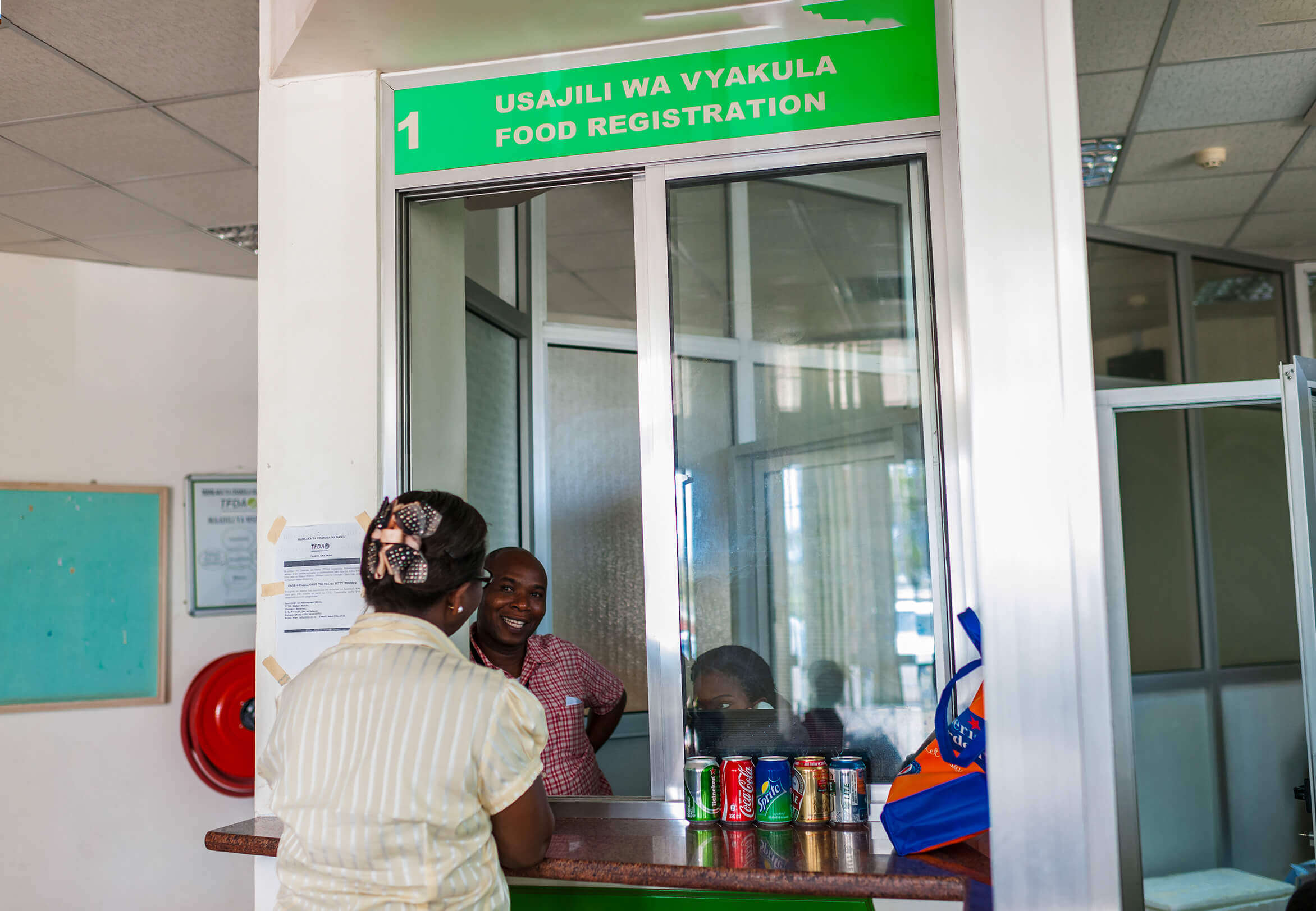“They are not TBS standards. They are the people’s standards,” Ms. Kezia Mbwambo, the Director of Quality Management at the Tanzania Bureau of Standards (TBS) begins by setting the record straight. Ms. Mbwambo feels it is very important to address the constraint of a misguided public perception about standards and their uses. She does not however feel it is important nor helpful to apportion blame. On behalf of the TBS Director General, she has been leading efforts at the Tanzania Bureau of Standards to make standards work better for Tanzanians with support from TradeMark Africa (TMA). [caption id="attachment_55084" align="alignnone" width="1607"] “There has been slow uptake of standards, this despite the fact that TBS has always used participatory design strategies to come up with these standards, in line with international protocols and requirements for development of national standards,” Ms. Mbwambo says.[/caption] With support from TMA, the bureau is embarking on a process of improving its service delivery mechanisms to its stakeholders. Part of this improvement includes developing a training programme on standardization and quality assurance, mainly targeting micro, small and medium enterprises (MSMEs) using both paper-based and digital platforms. The bureau is also developing an Integrated Standardization, Quality assurance, Metrology and Testing (SQMT) system that will automate the key administrative processes used to offer services to its stakeholders. For TBS, this is expected to quicken the process of certifying products and expand the base of products that have met standards. For many entrepreneurs with dreams to do well in the country,...
Renewed Drive To Improve Uptake of Standards Offers Fresh Hope to MSMEs
Posted on: August 24, 2020
Posted on: August 24, 2020

















